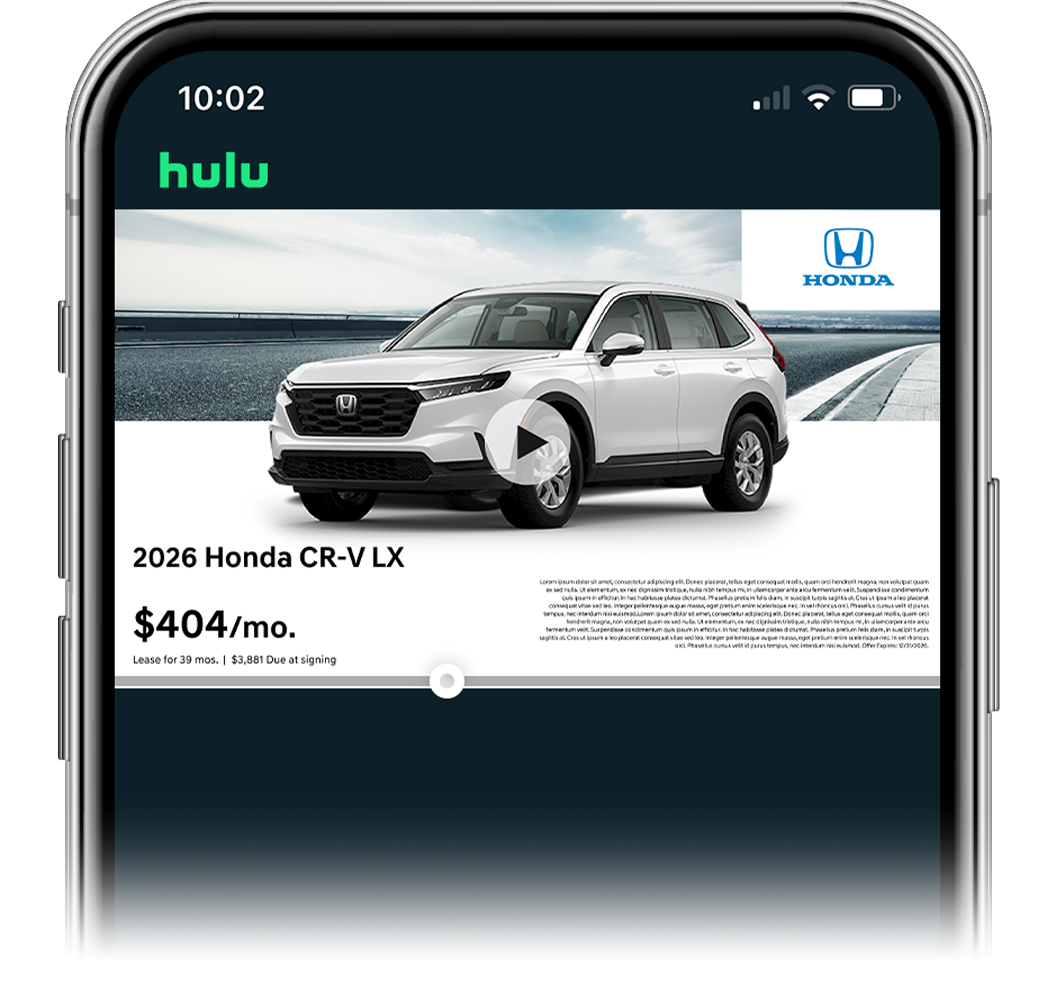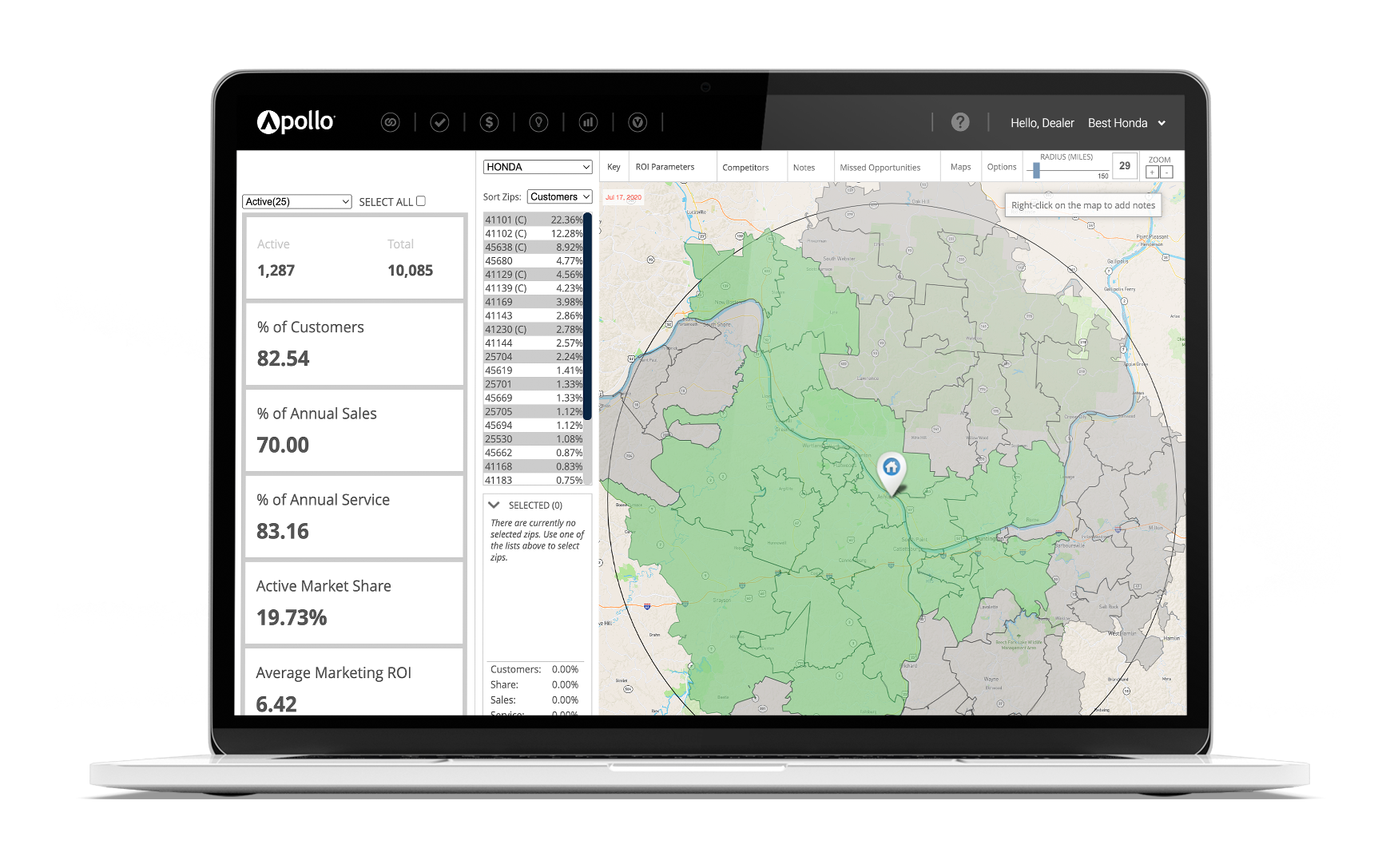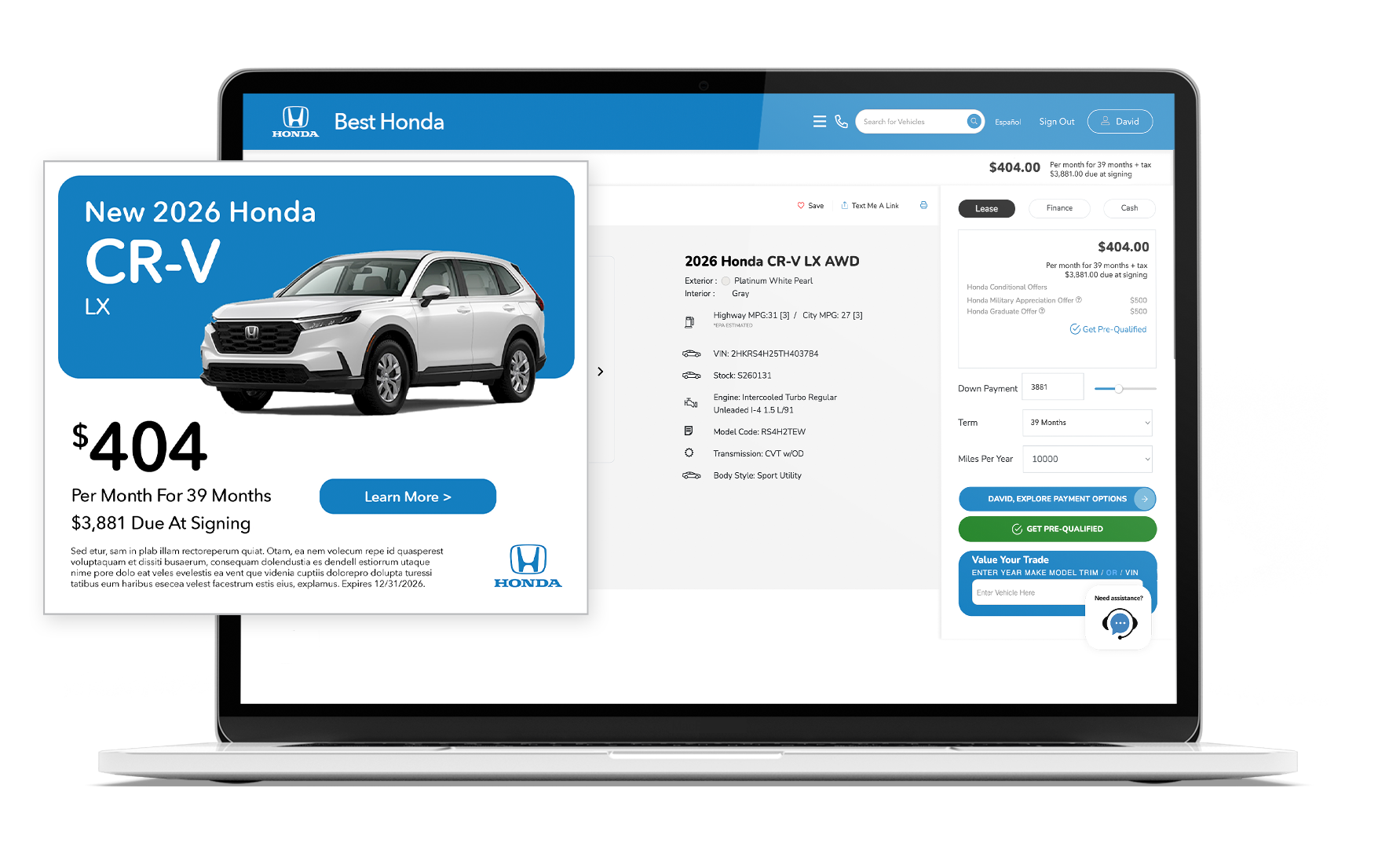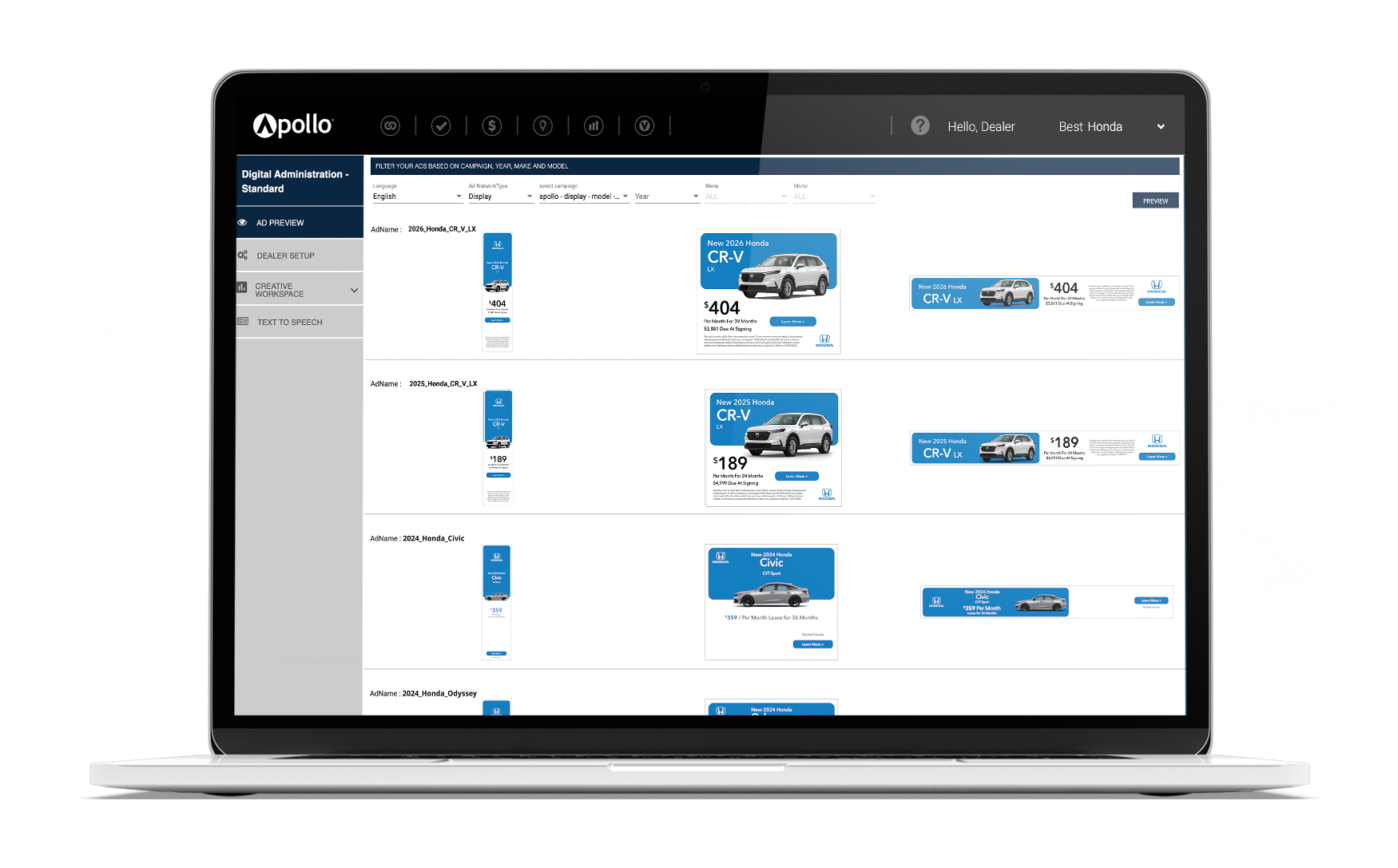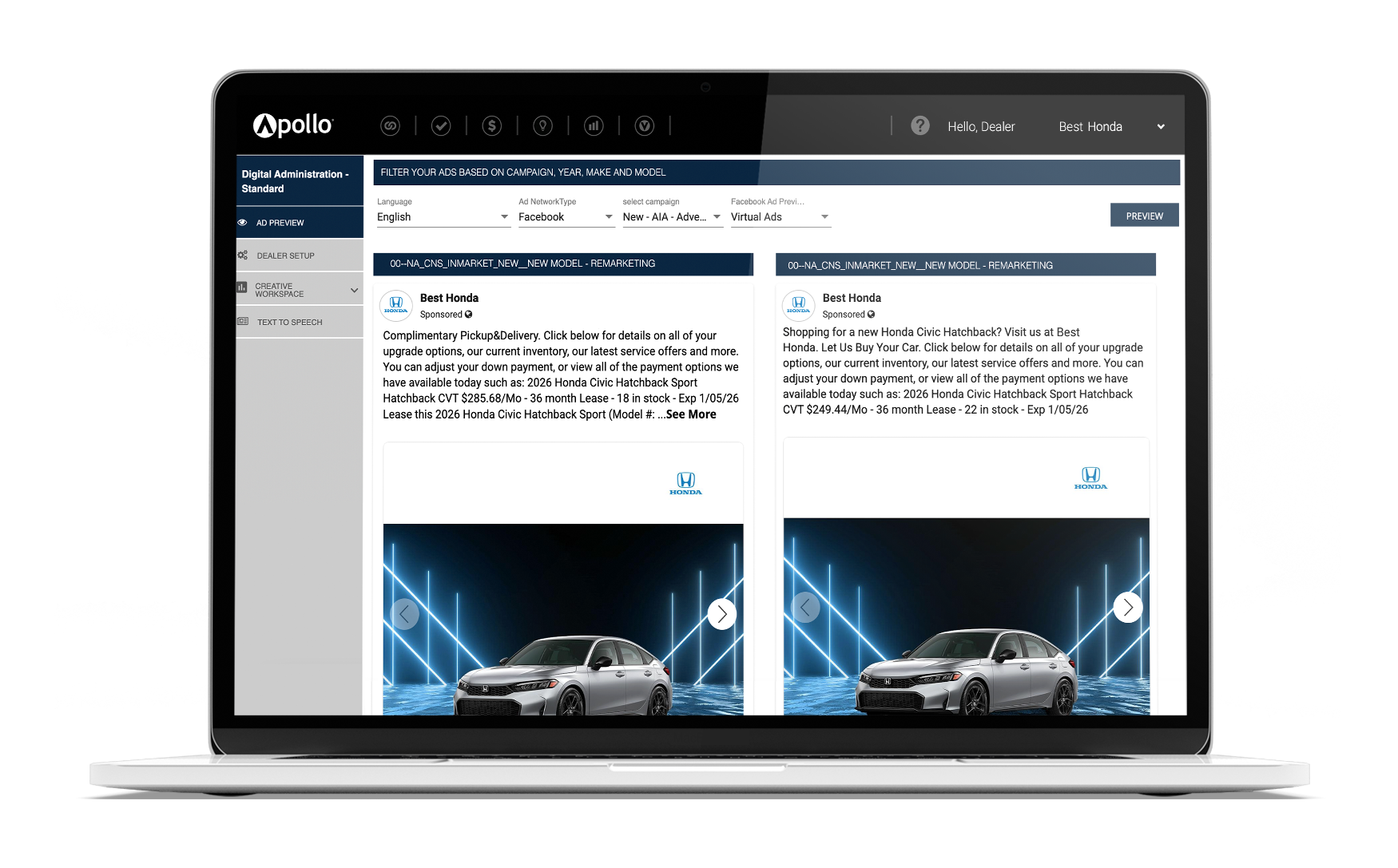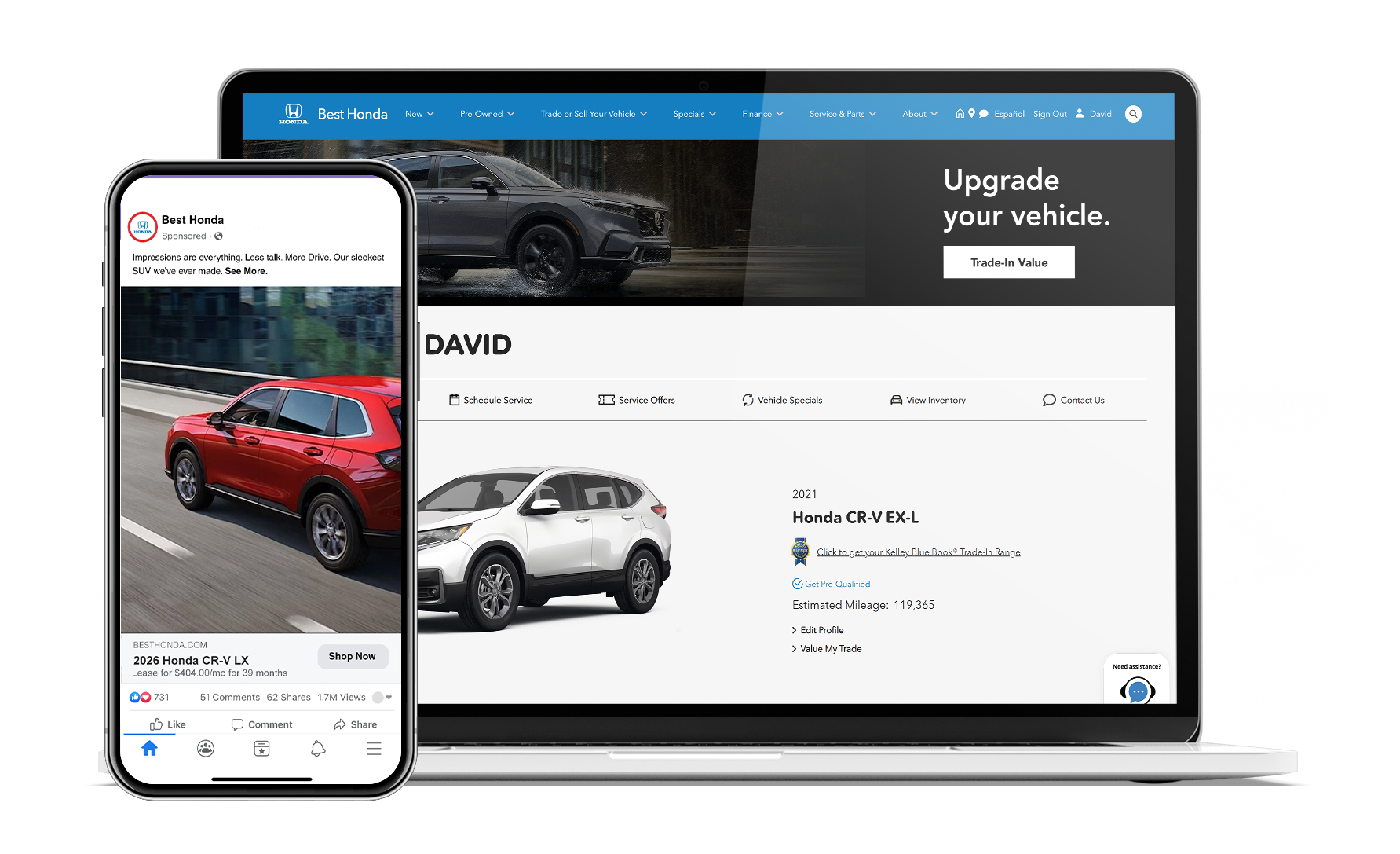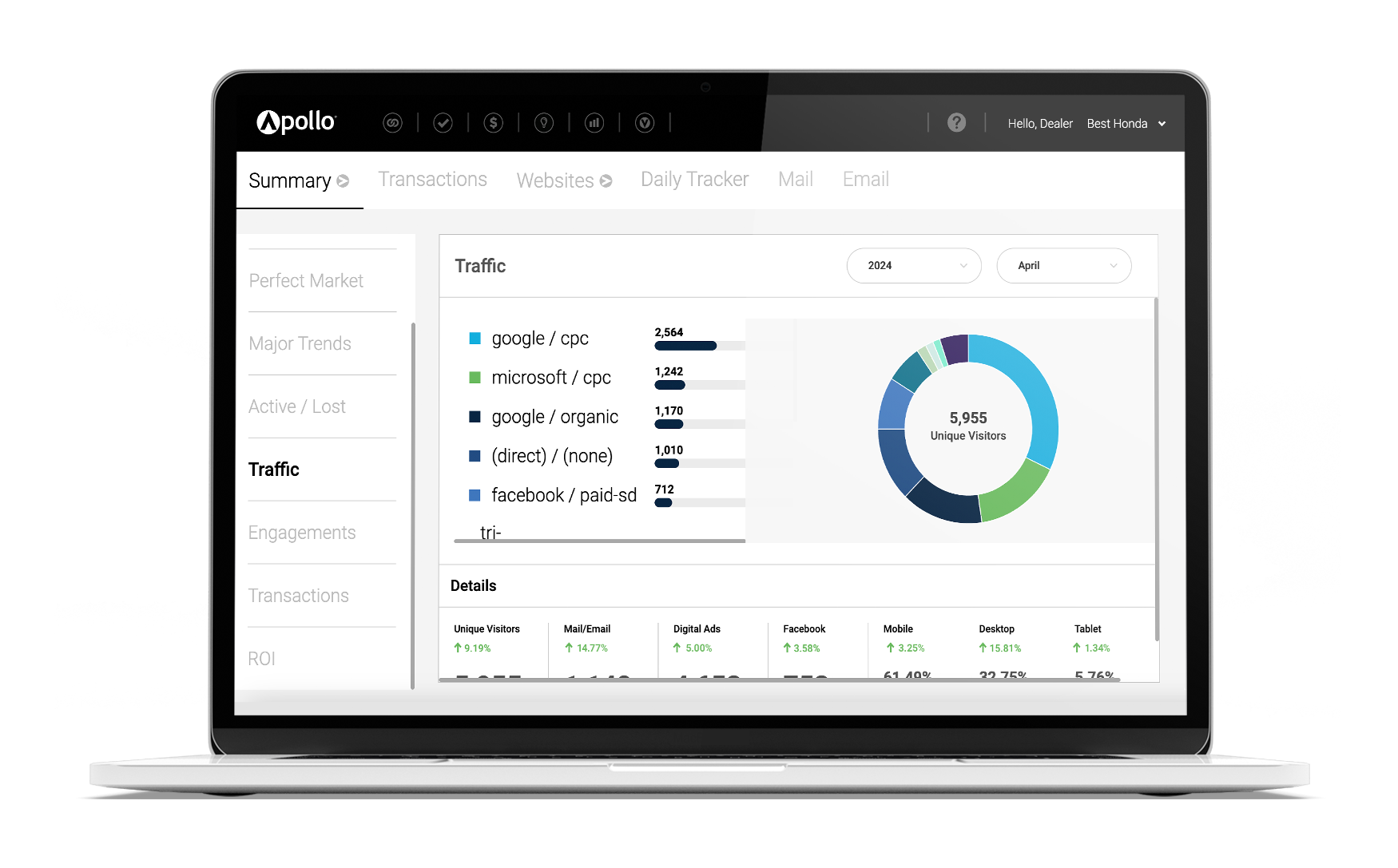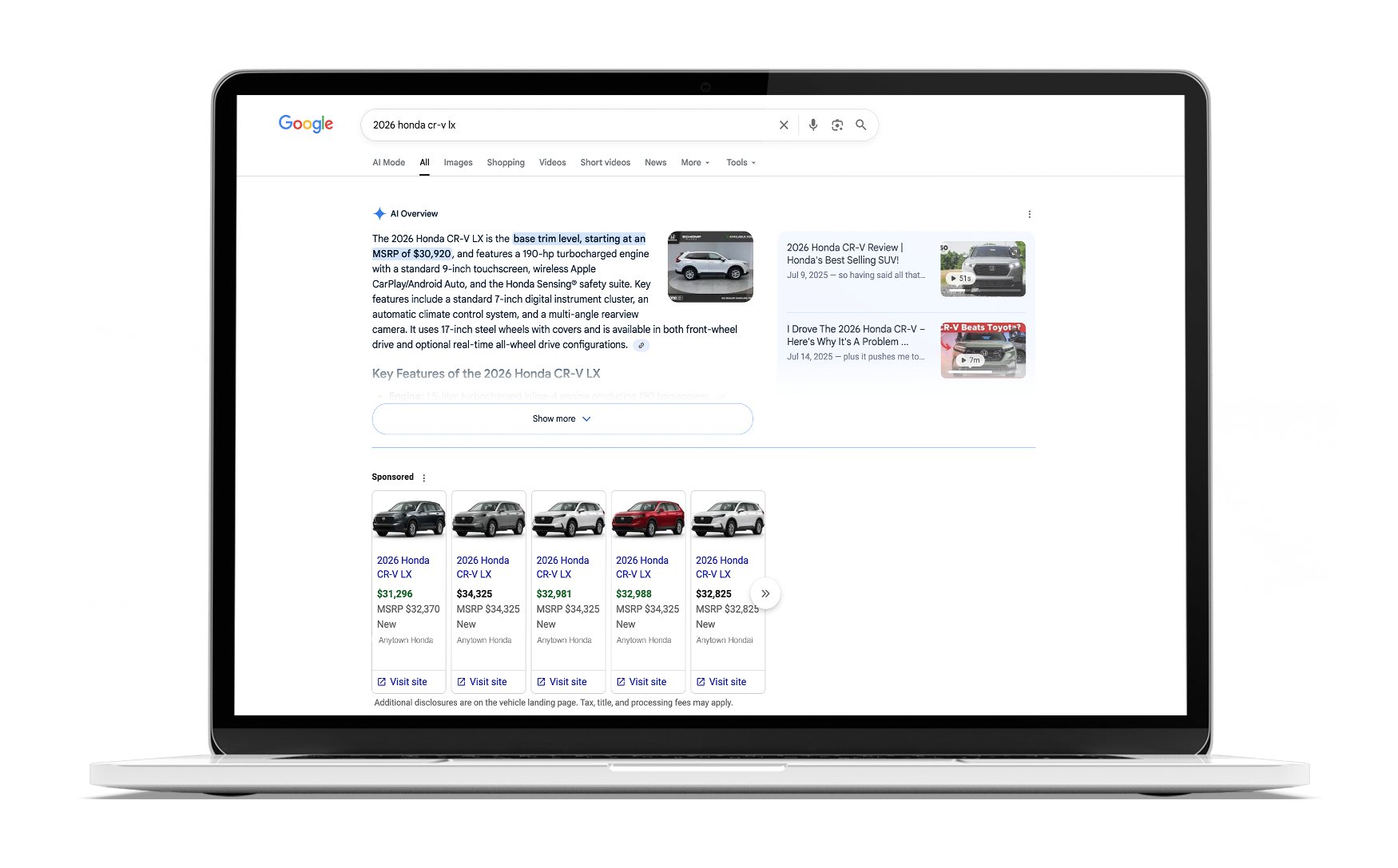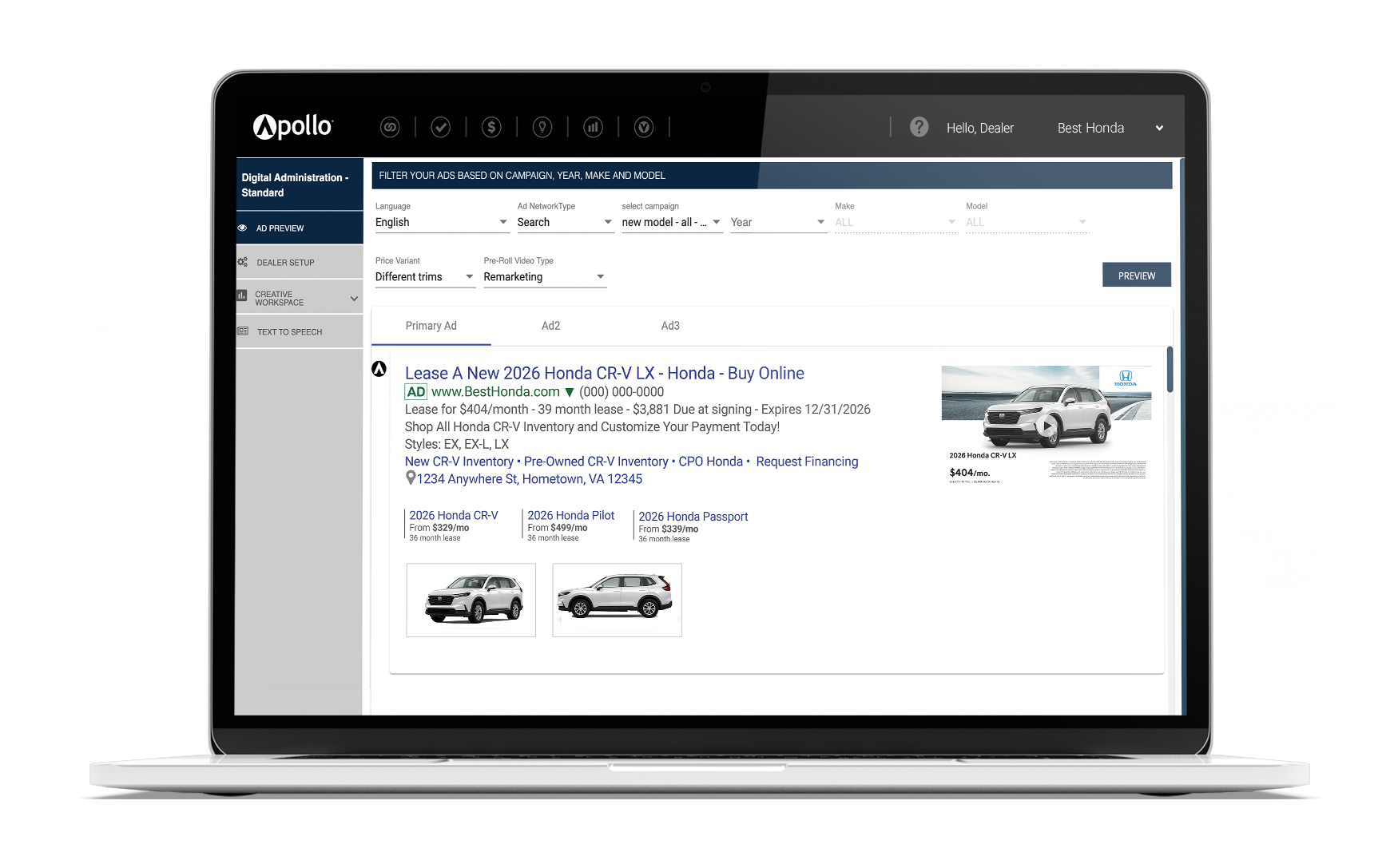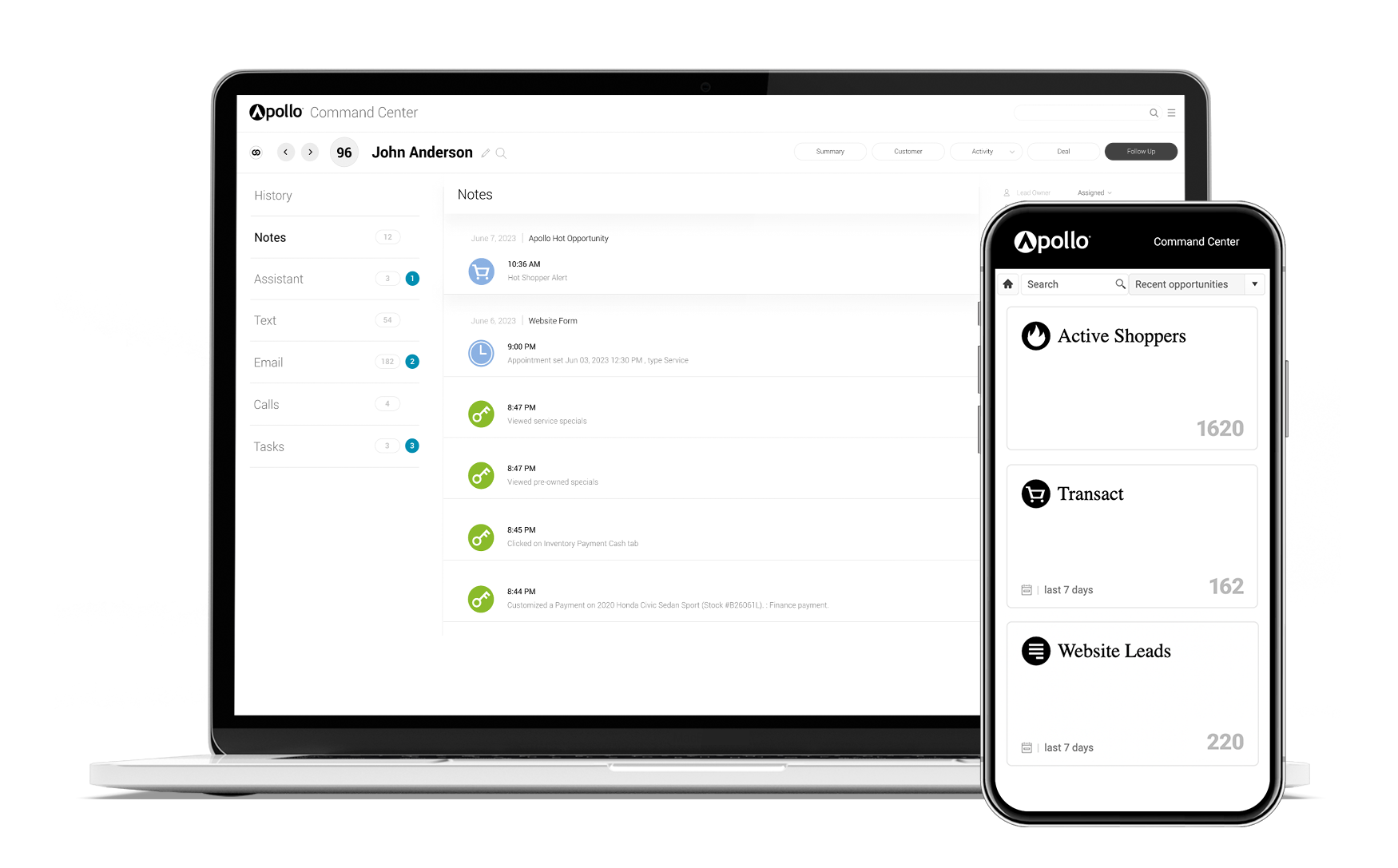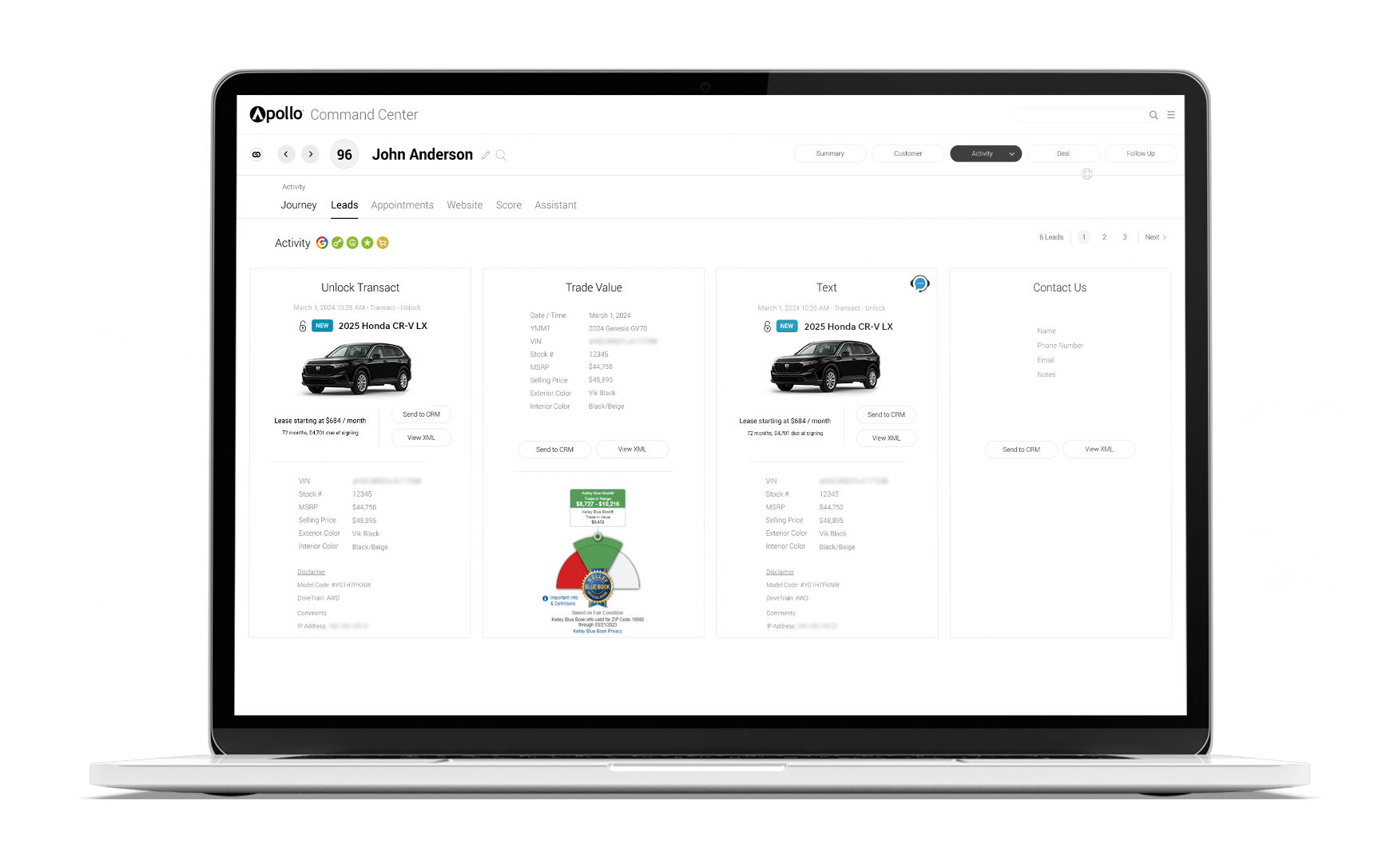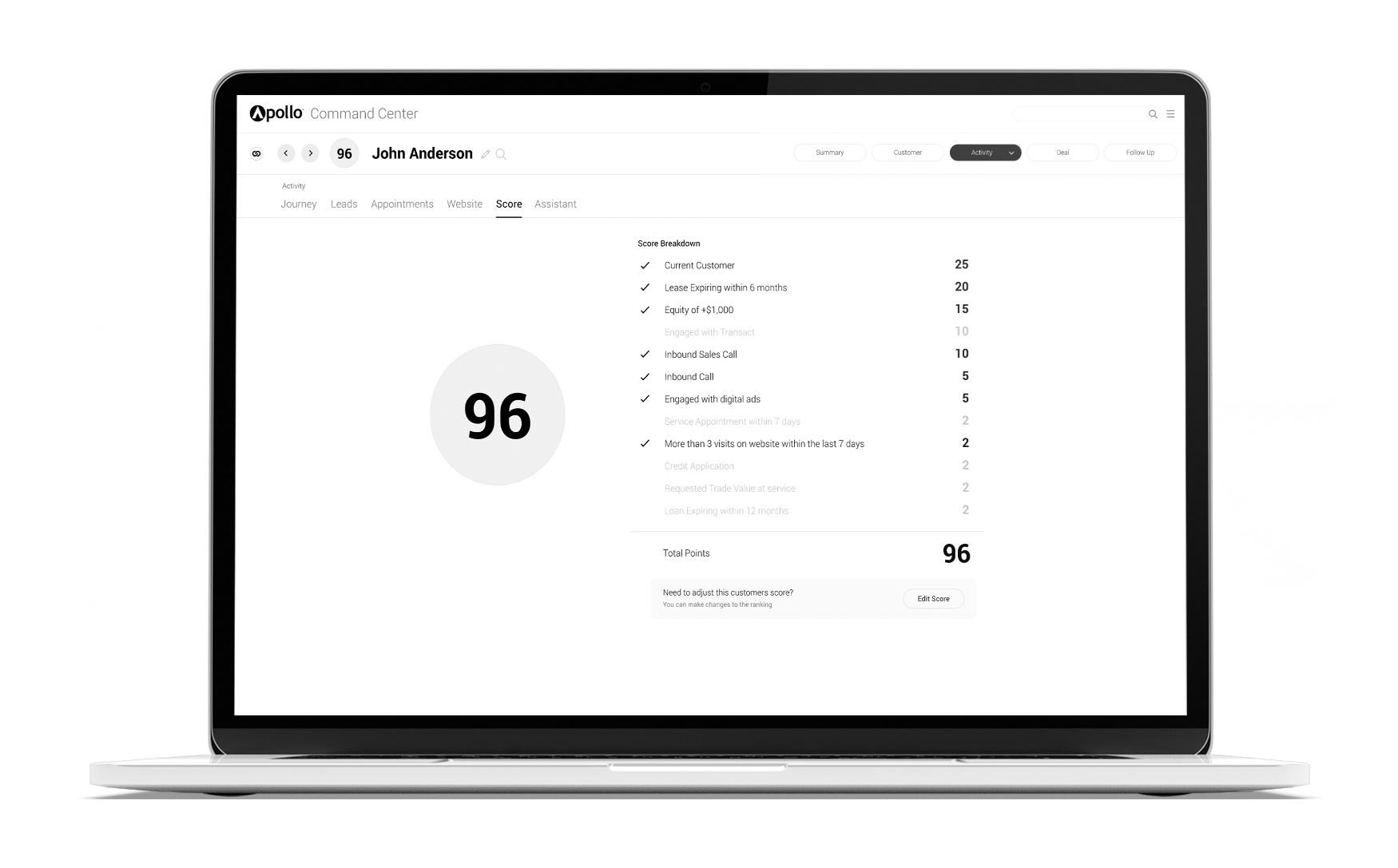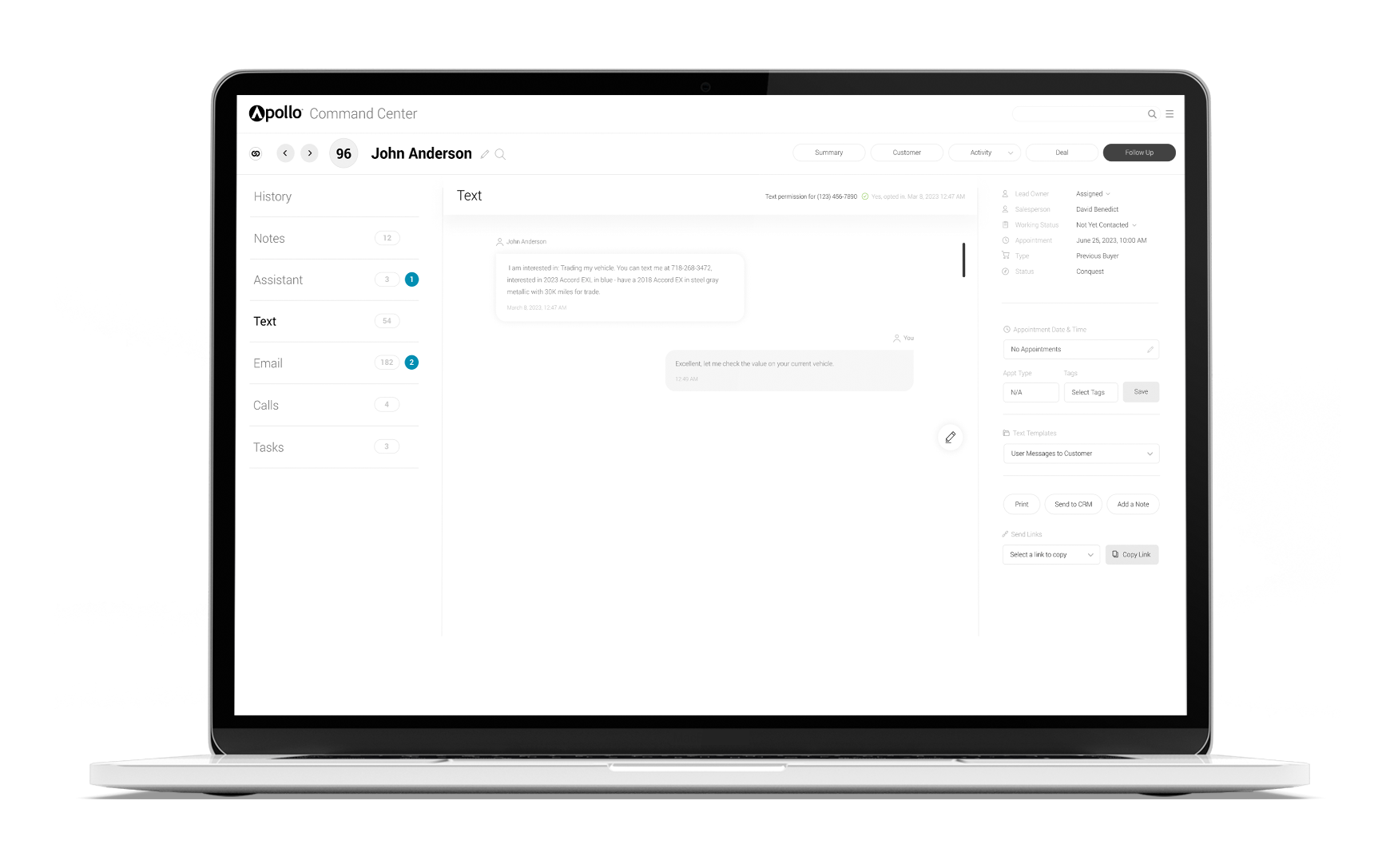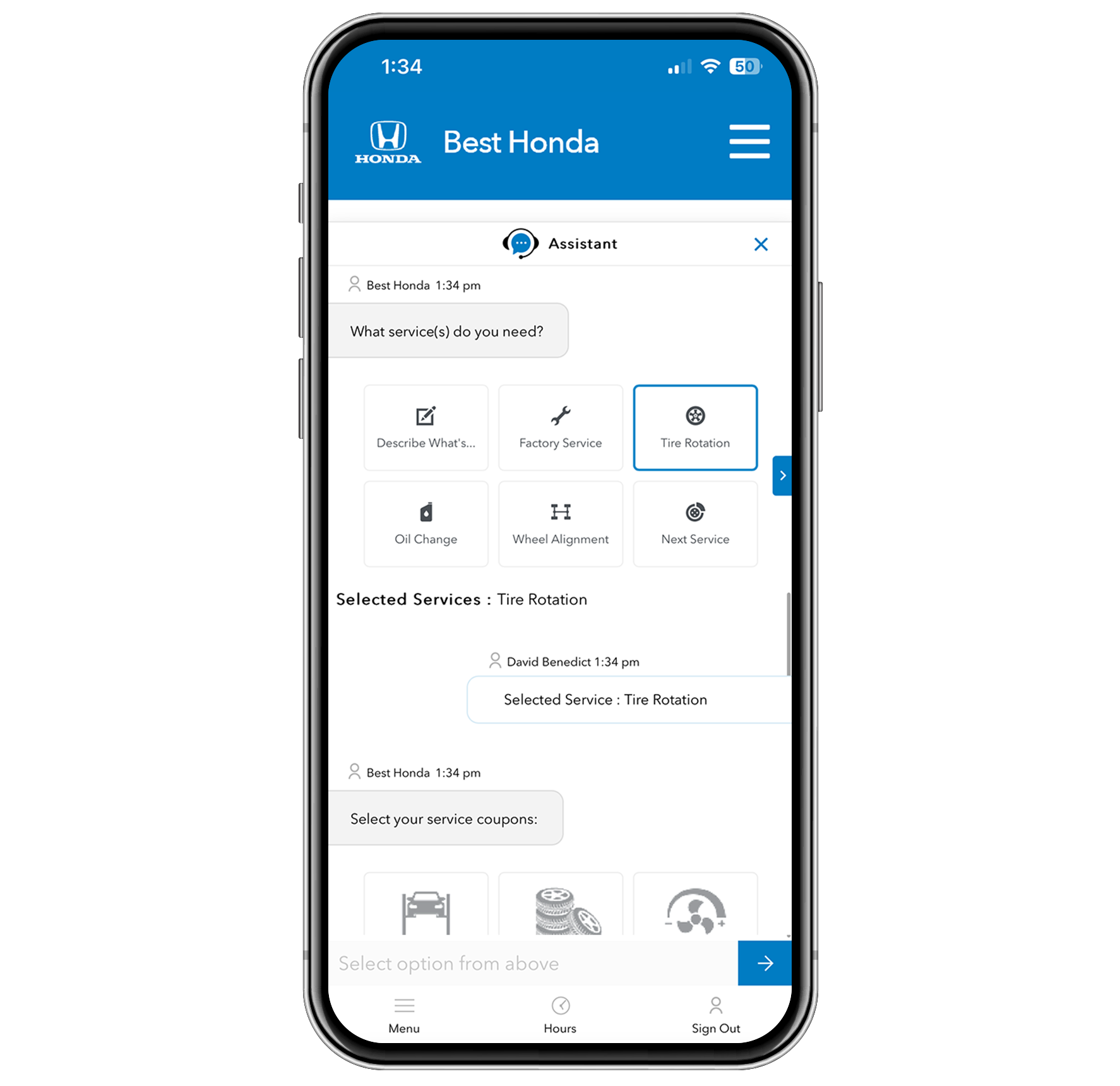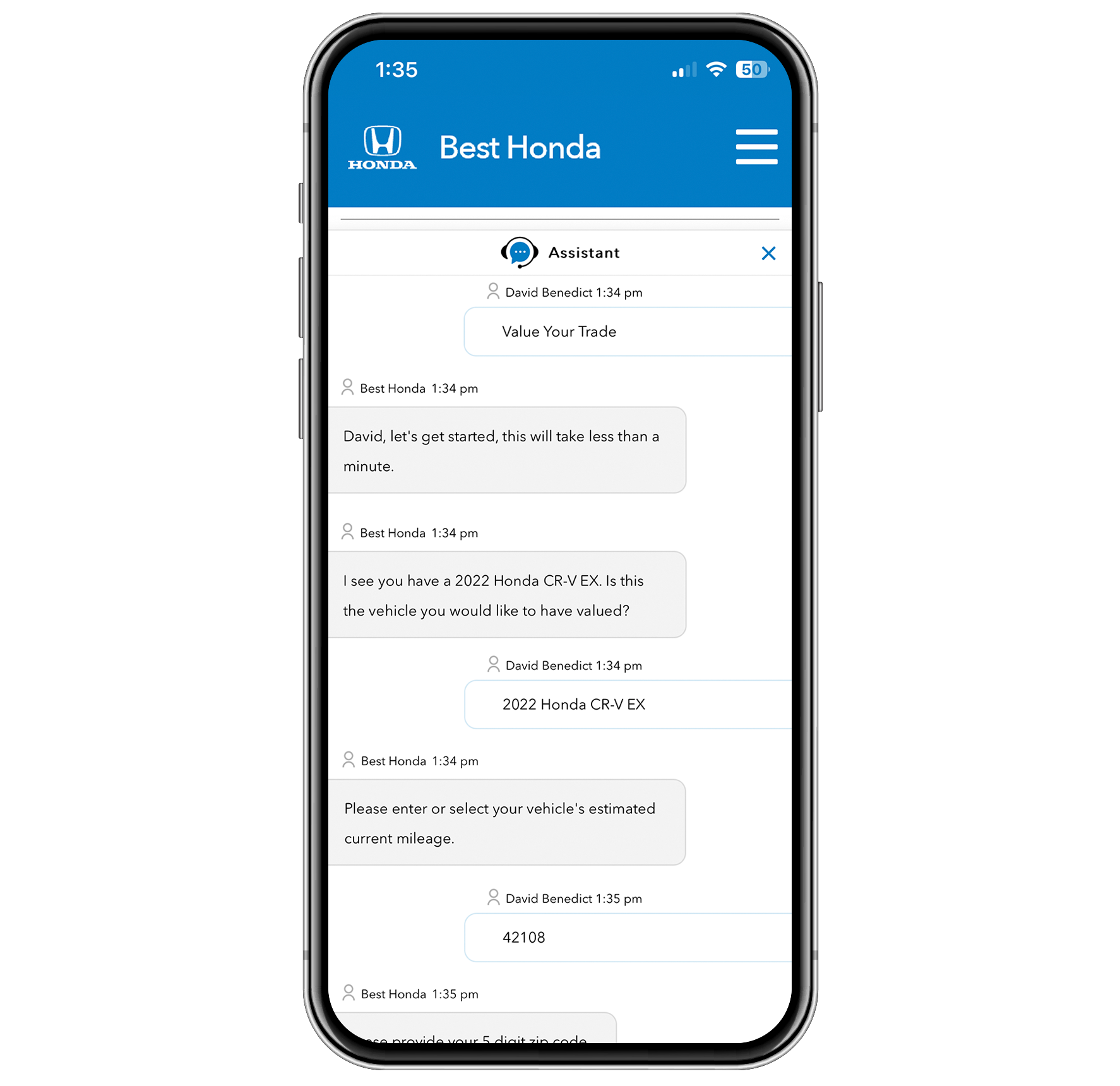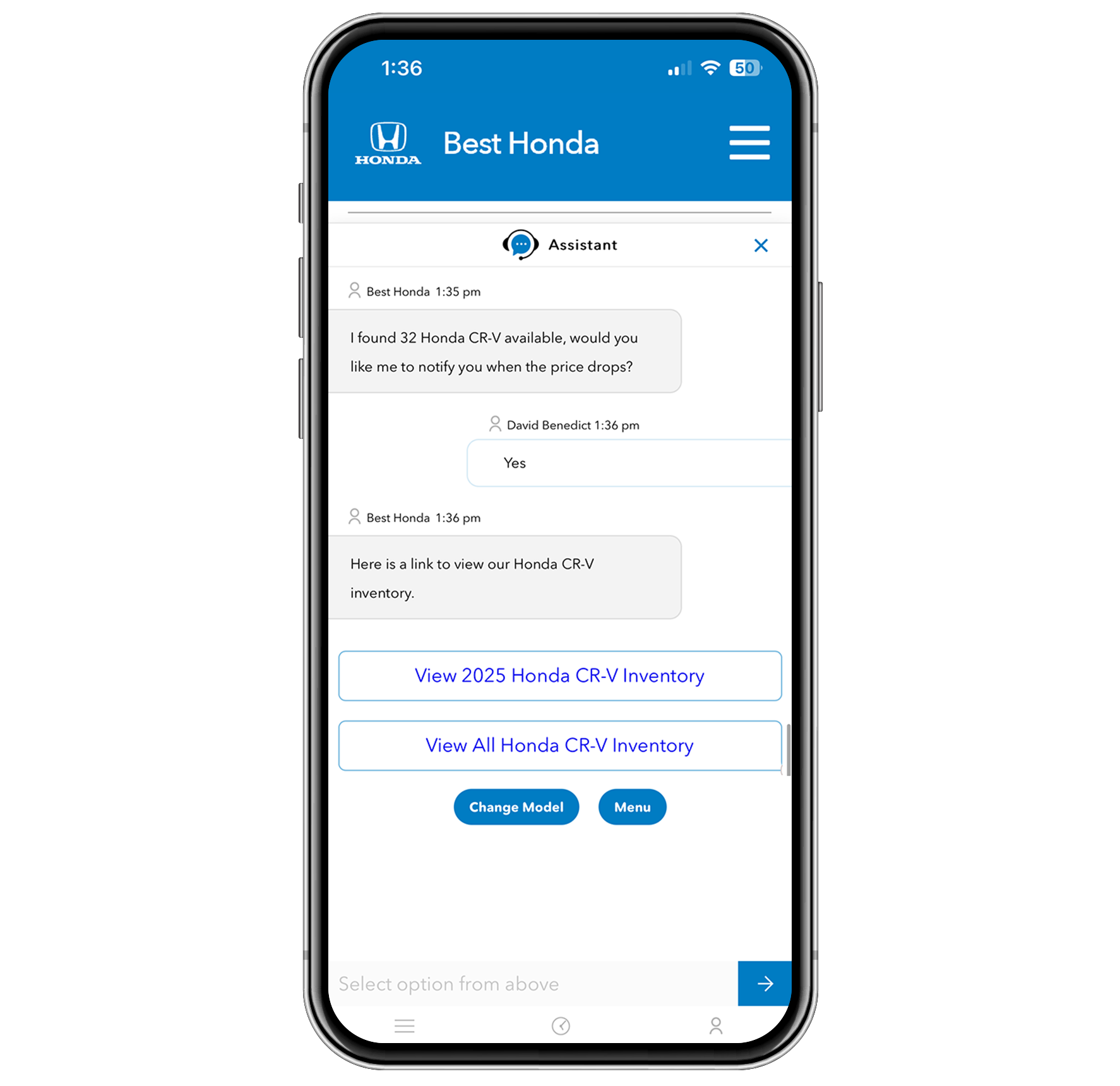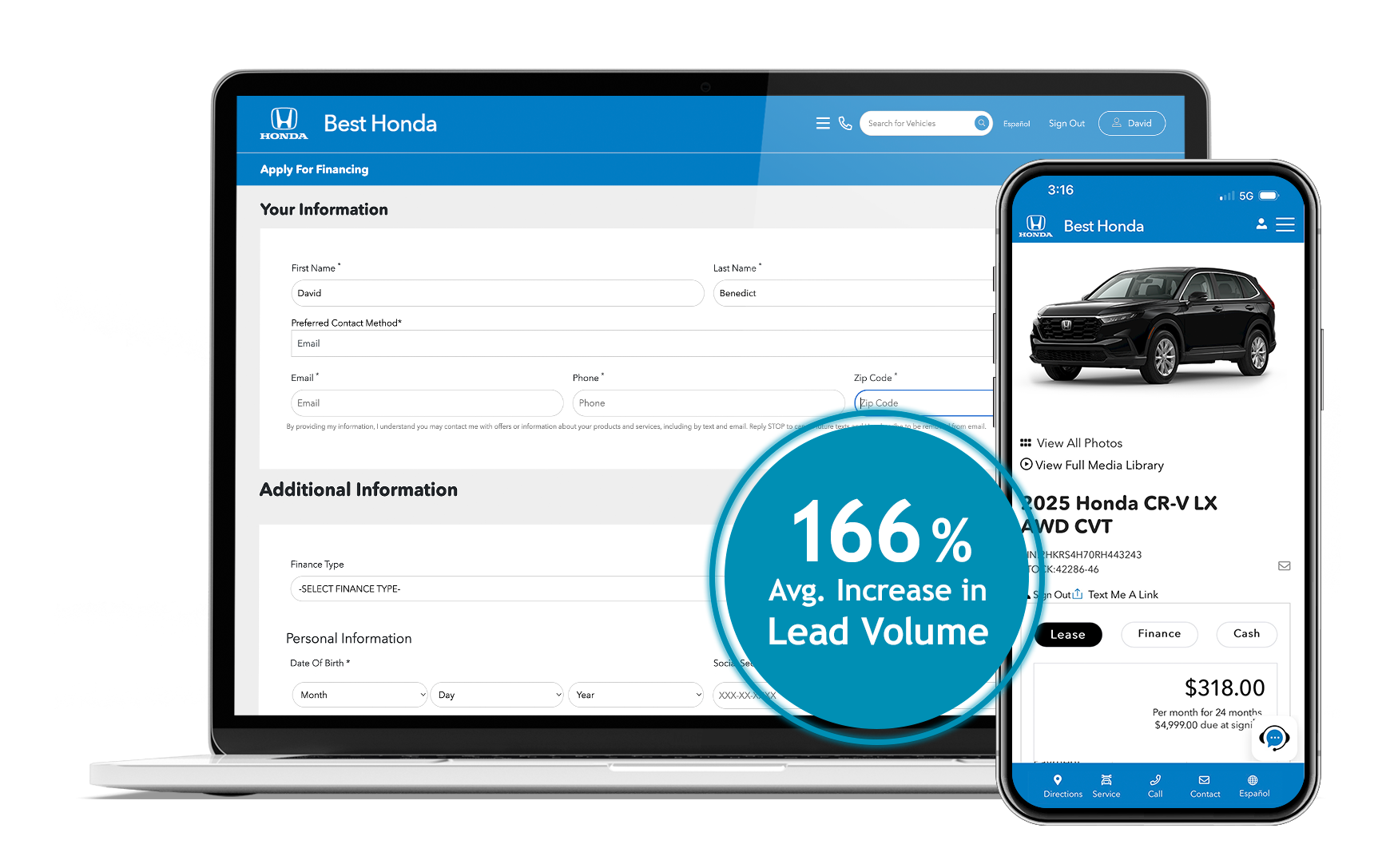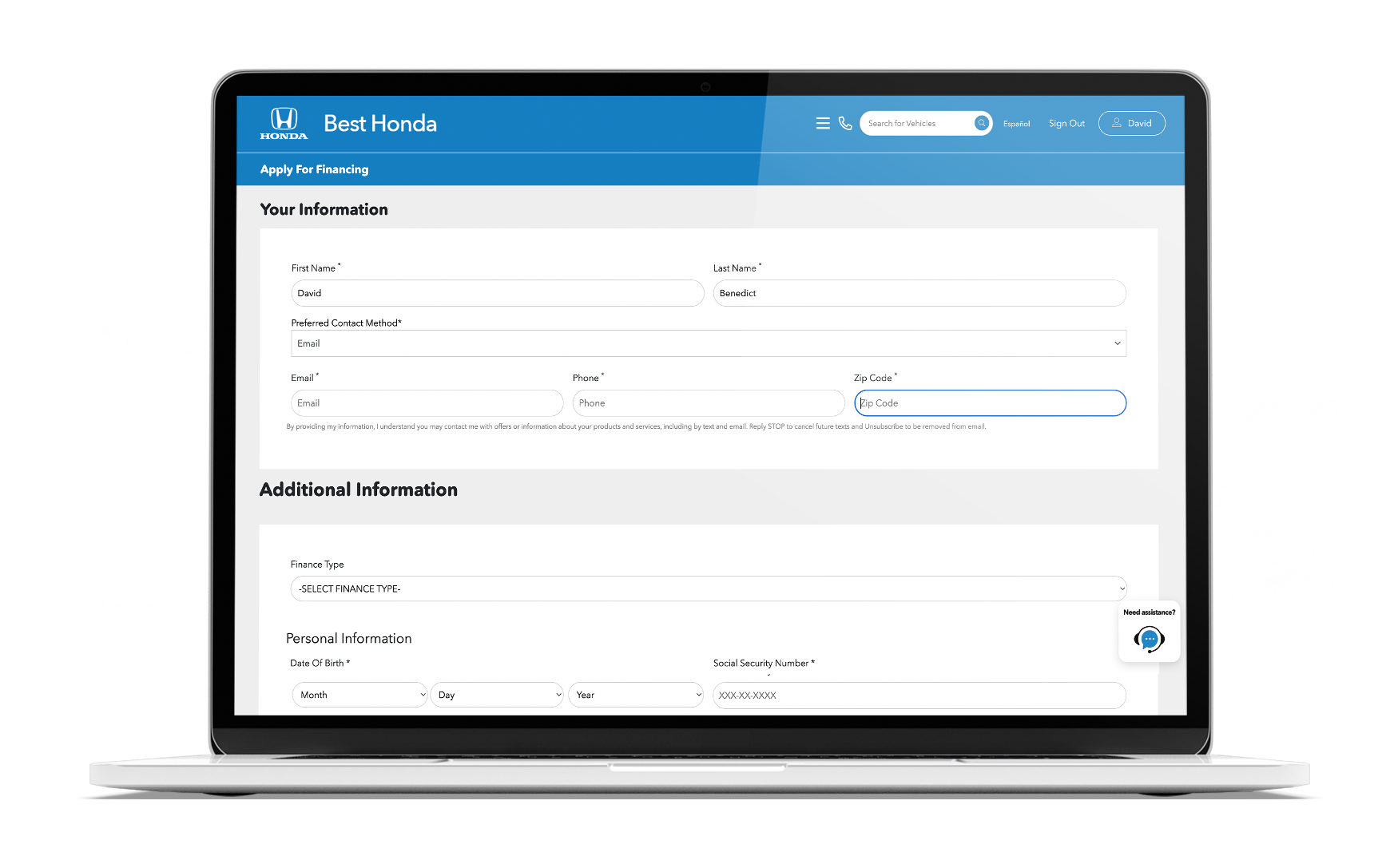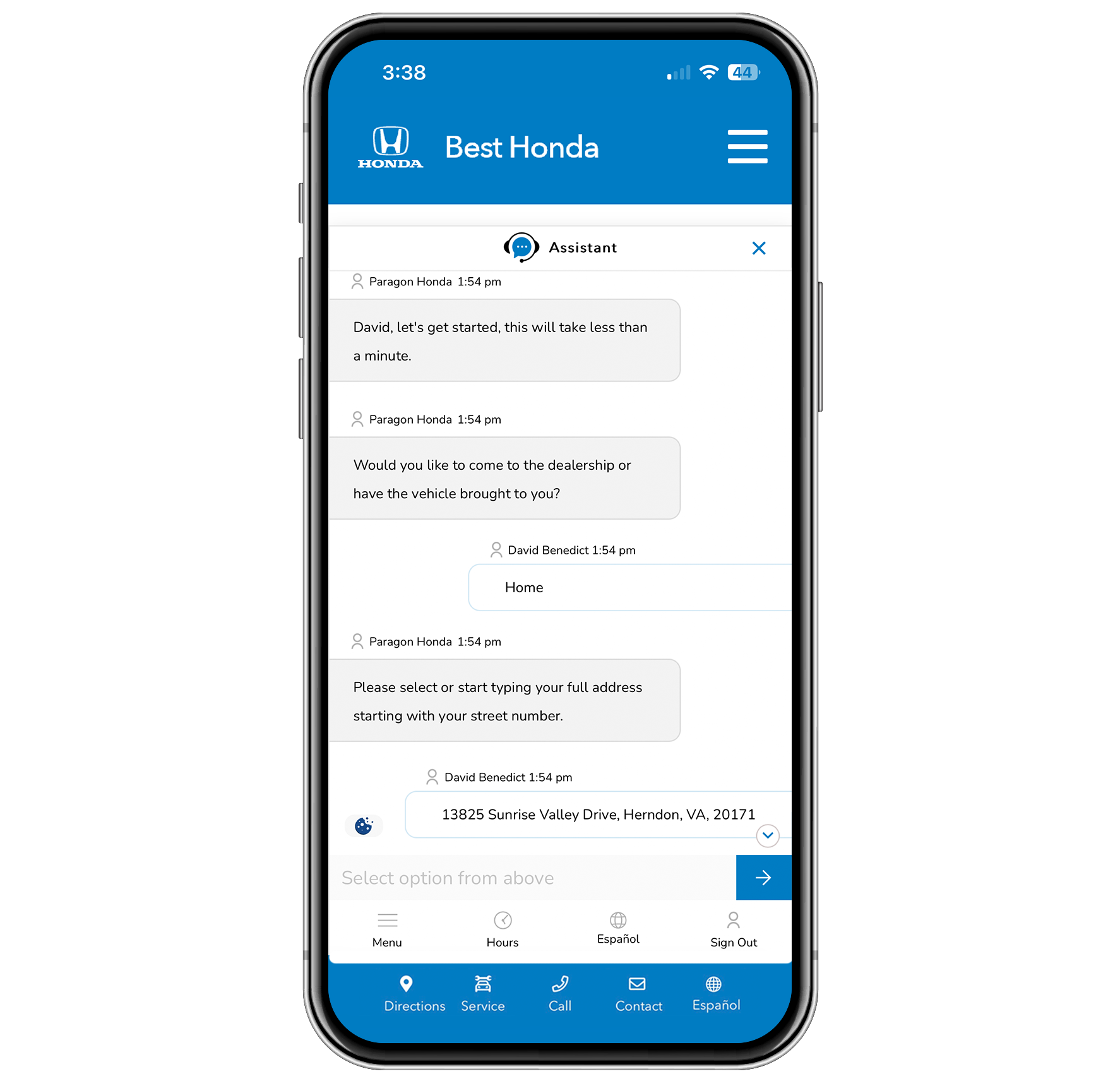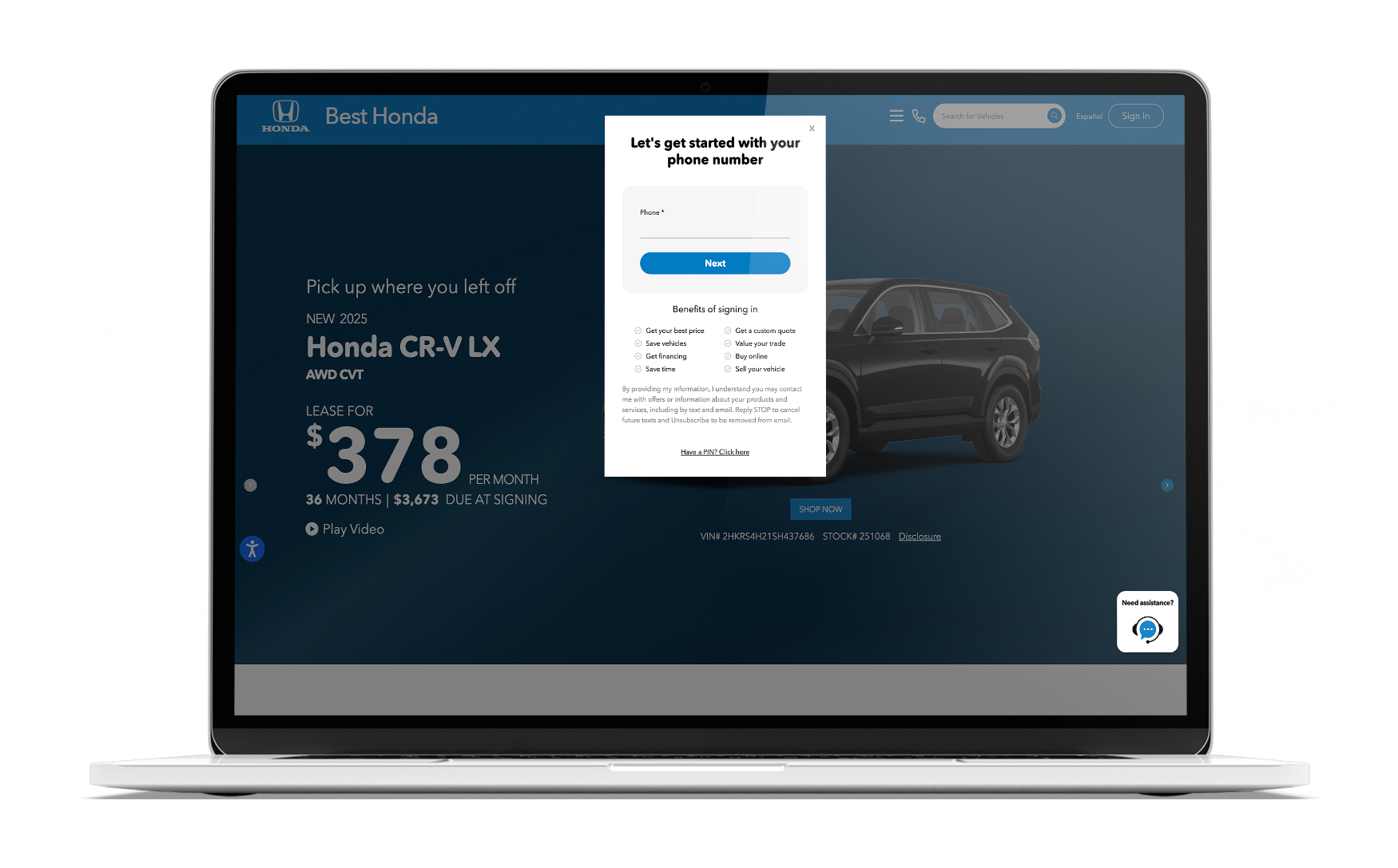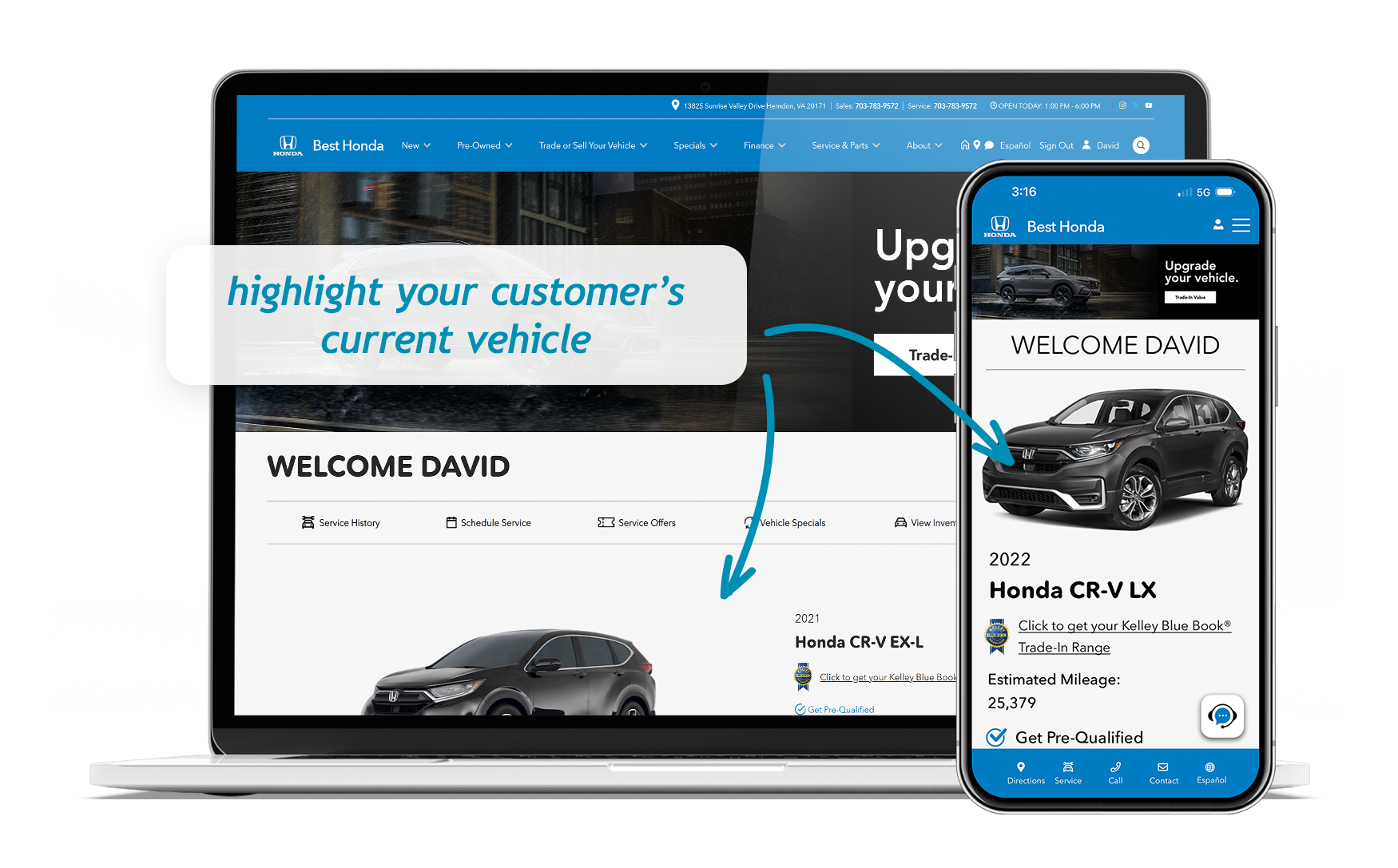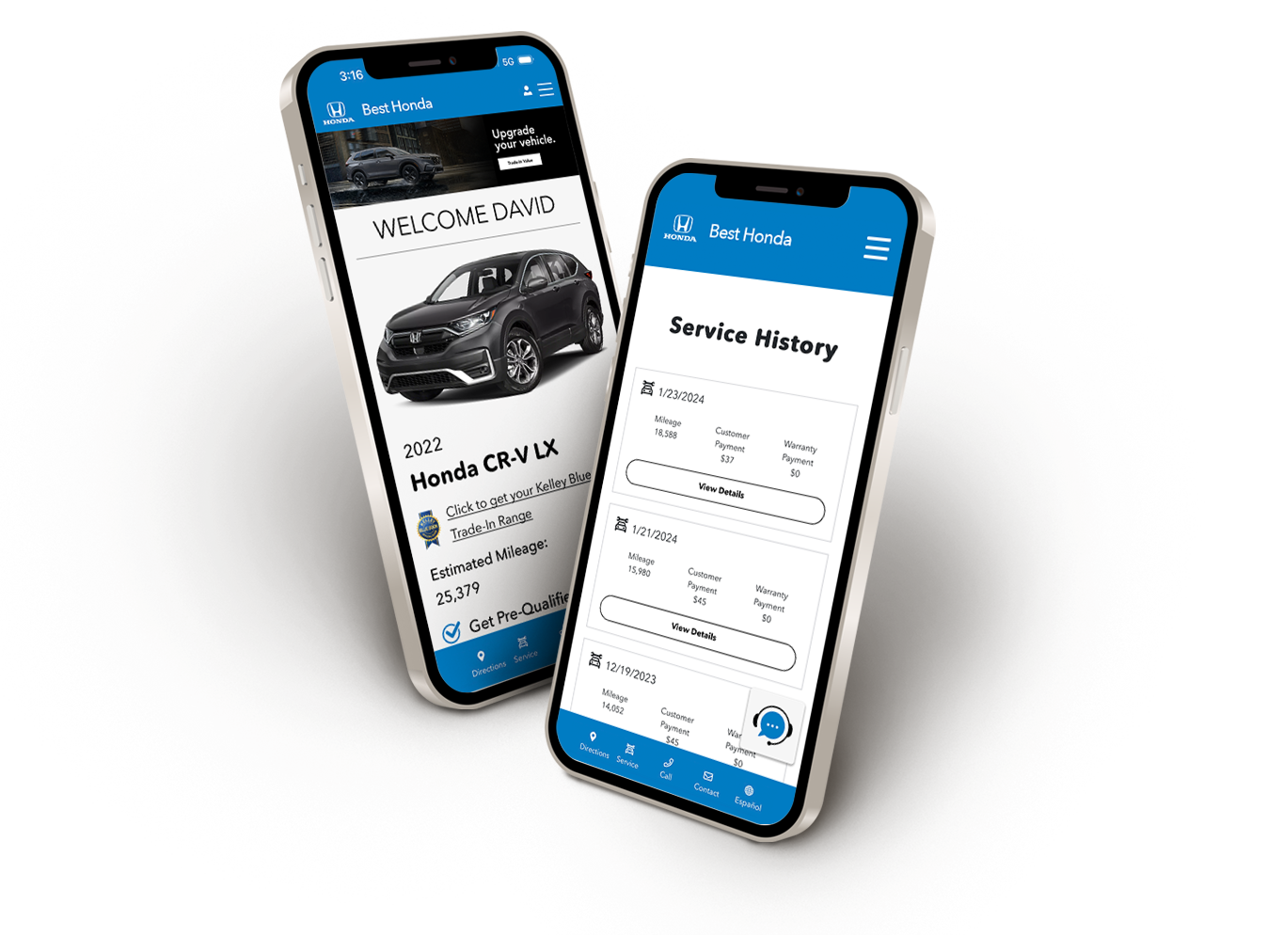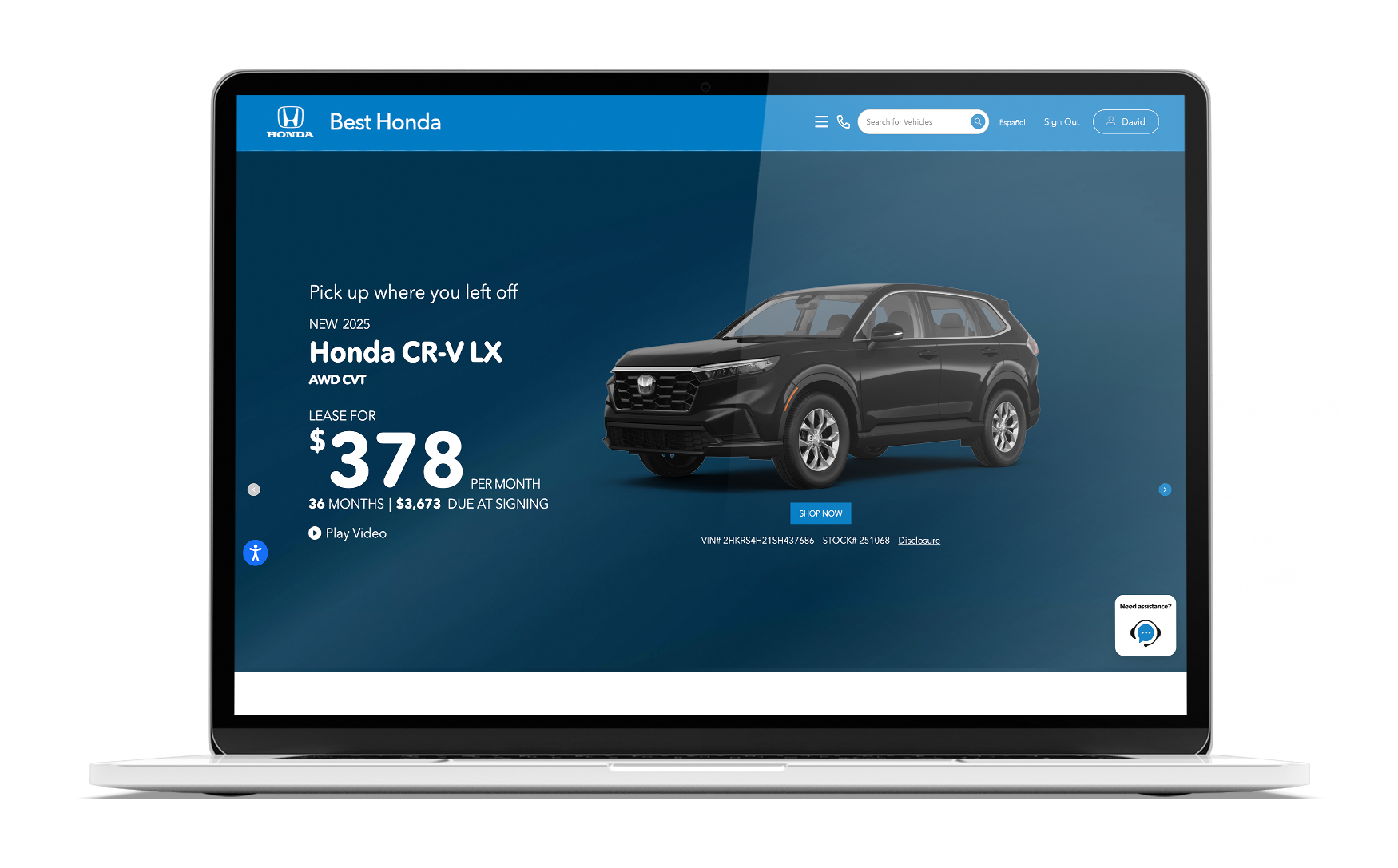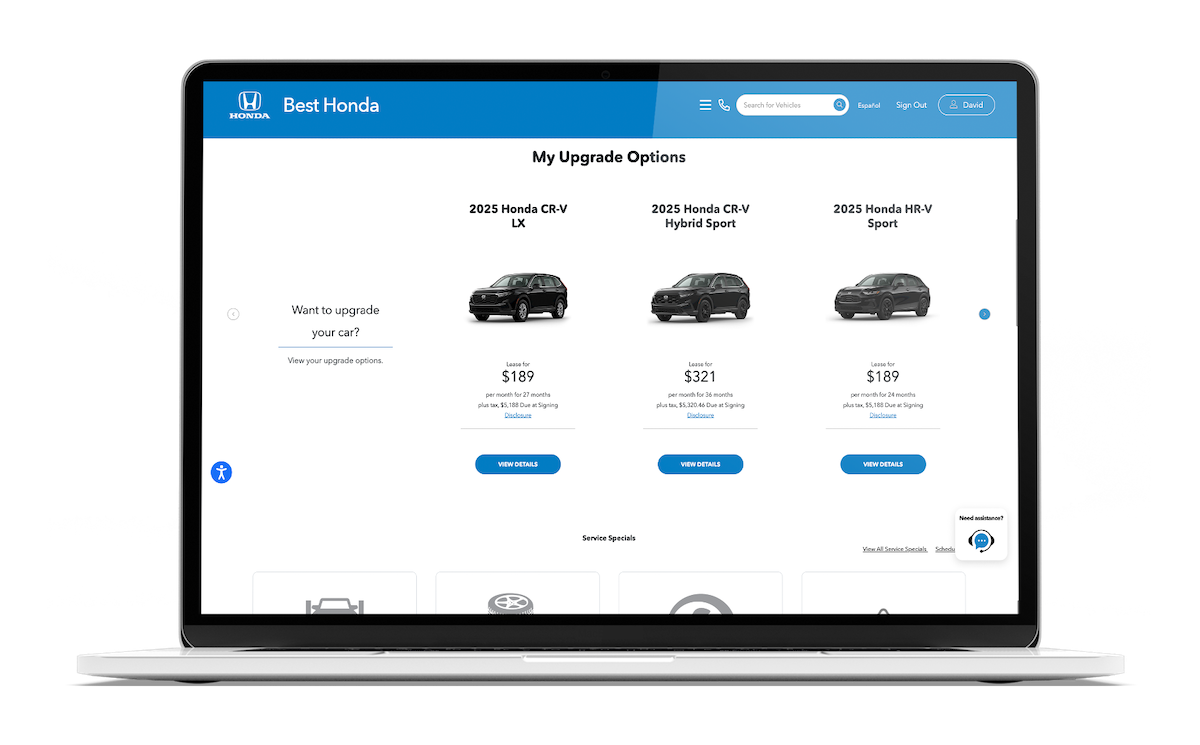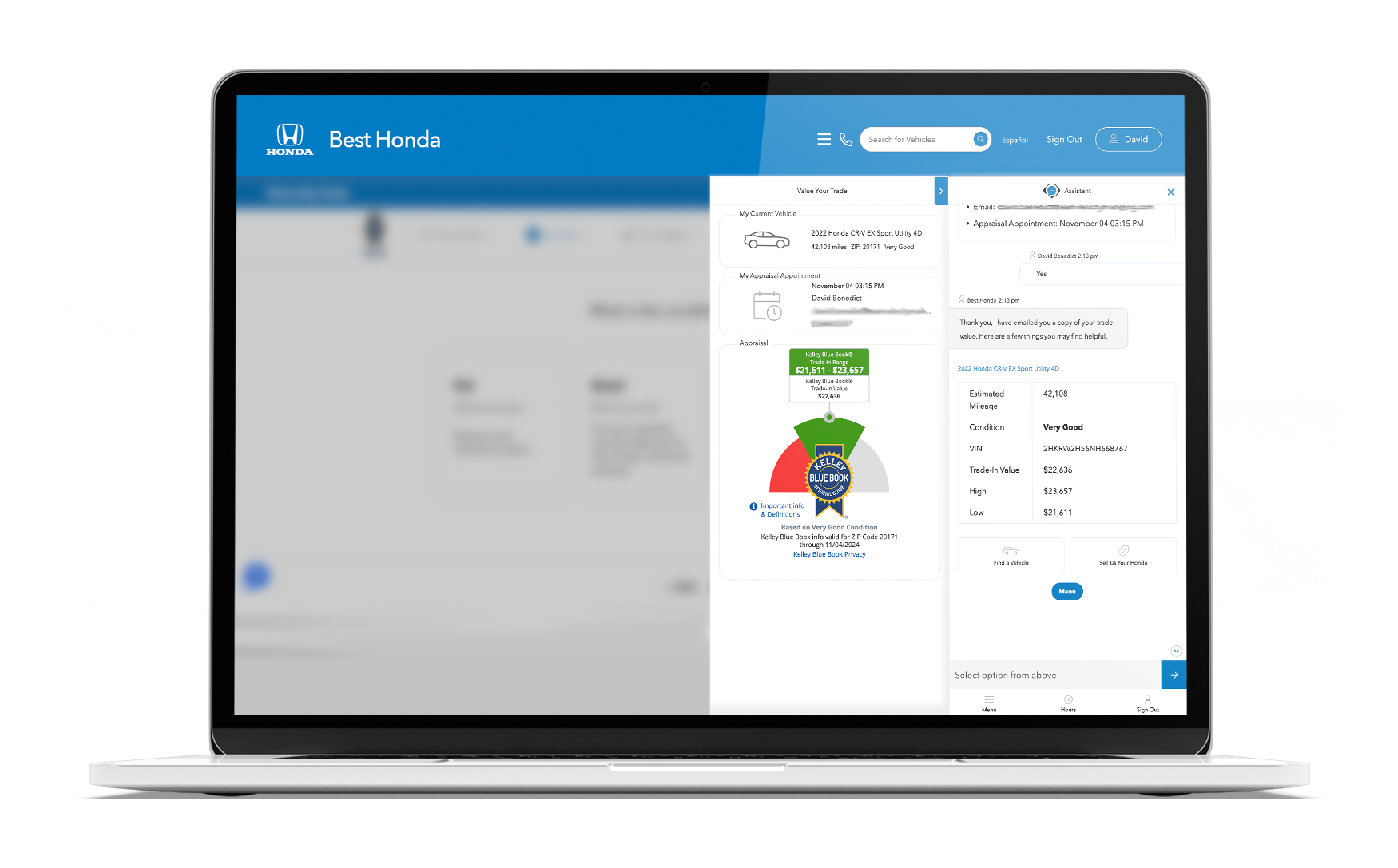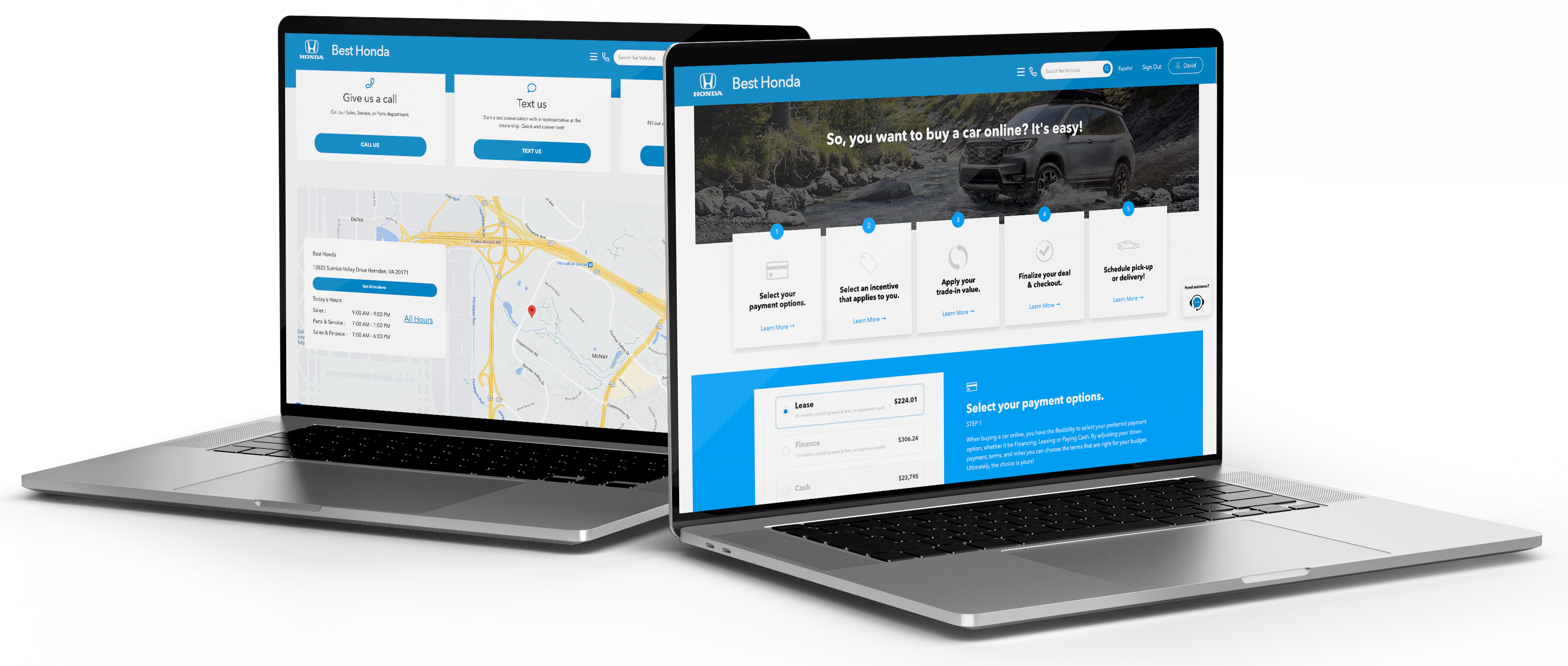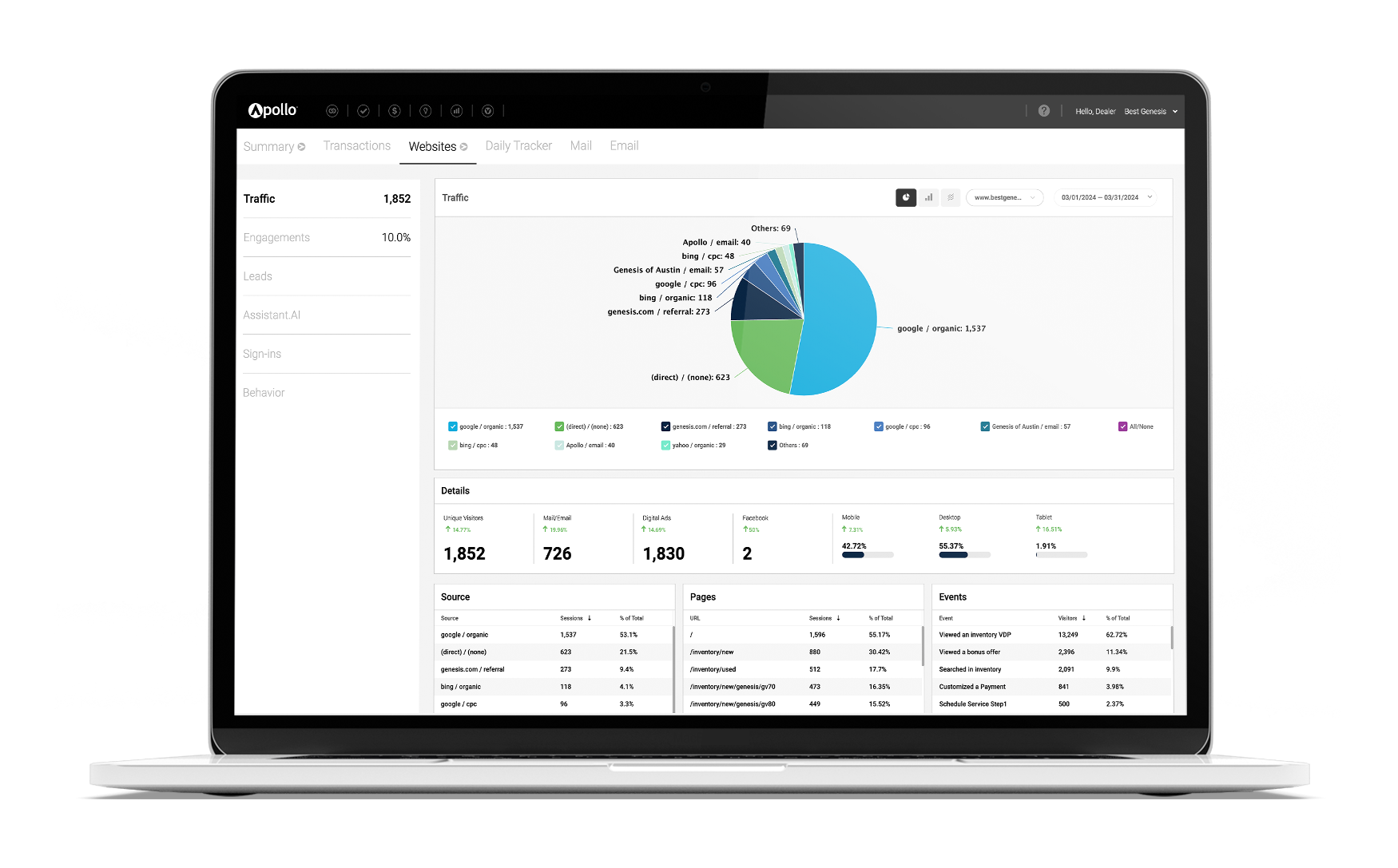How AI Is Quietly Rewriting The Rules Of Customer Engagement
By David Boice, Co-Founder and CEO at Team Velocity

Not long ago, growing a business meant hiring more people, buying more tech and hoping it all scaled. Today, that model is breaking down fast. The companies gaining real traction are becoming more precise, responsive and focused with AI and automation providing the framework.
Automation absorbs repetitive tasks, like routing tickets, updating records and scheduling appointments, so response times shrink and specialists can tackle larger problems. AI can then sift through the fresh data to surface patterns a human would miss, steering product tweaks and market moves in minutes instead of months.
With machines managing the mechanics, teams can keep their attention on the creative decisions that lift customer experiences and push growth forward.
How Customer Expectations Are Changing Business Operations
Customers are now comparing your service to Amazon’s frictionless customer experience or Netflix’s hyper-accurate recommendations. If businesses can’t respond quickly or personalize interactions like these market leaders, customers leave immediately. In fact, a recent study reveals that 71% of consumers expect personalization efforts from businesses and 76% get frustrated when this is not offered.
While many businesses are already seeing this shift, they still continue to rely on surface-level solutions to meet these expectations. Meanwhile, high-performing companies put the customer experience at the center and focus not just on efficiency but on personalization and real-time adaptability. That’s where they make a huge difference.
Optimizing Internal Operations With Automation and AI
Right now, there is a major opportunity to take a fresh look at how businesses run. AI and automation are not tools for the marketing team or the front end alone—they belong deep in the core of a business where leaders make decisions and processes thrive.
One of the most important changes I’ve encountered is data centralization. Businesses are creating systems for real-time access to everything. This way, they don’t have to jump between platforms or depend on static reports. That means sales, service, operations and finance all work from the same source of truth and speed up decision-making while eliminating many costly mistakes.
A recent PwC survey finds that 54% of executives say that deploying AI in decision-making has already improved their organization’s productivity. Gartner’s 2023 research further supports that companies that use AI-based predictive analytics can cut forecasting errors by 50%, supporting supply chain reliability and minimizing waste.
In next-gen data centers, AI reads traffic patterns ahead of time, which helps tune workloads and add capacity the moment demand rises. That self-scaling backbone keeps performance steady and quickly becomes non-negotiable as growth picks up speed.
AI-Driven Customer Engagement Strategies That Convert
AI unlocks smarter ways to connect with customers. Advanced targeting models identify high-intent buyers, so businesses precisely schedule and customize their outreach to achieve the desired results. This approach redefines personalization by going beyond first names in emails. When the data is accurate, AI-driven insights can accurately align offers with customer needs. When the message lands at a perfect time, conversions naturally increase, interactions become progressively more meaningful and genuine connections are fostered. This way, customers ultimately feel understood rather than simply sold to.
But while personalization focuses on precision, it’s also about authenticity. If the technology feels forced or insincere, it can backfire. As Harvard Business Review points out, there’s a growing risk of what they call “engineered insincerity“—when automation tries to fake empathy but ends up creating a disconnect. This can manifest as overly casual chatbots, irrelevant email campaigns or persistent text messages that fail to engage.
To avoid this, businesses need alignment across teams. Marketing, product and customer service should all contribute to building a consistent, thoughtful experience. When AI is part of a connected strategy rooted in real understanding, every interaction feels intentional, and customers notice.
Building Resilient Businesses With AI-Driven Strategies
AI and automation are now central to building smarter, long-term businesses. Embedded in everyday work, they cut friction and create a solid base for growth. With that stability in place, teams can pursue sustained innovation rather than quick fixes. Companies that integrate these tools early and design for scale can position themselves for a durable competitive advantage.
Beyond immediate efficiency, adopting AI strategically helps businesses better anticipate change, adapt quickly and maintain stability even as market conditions evolve.
Source: Forbes

















